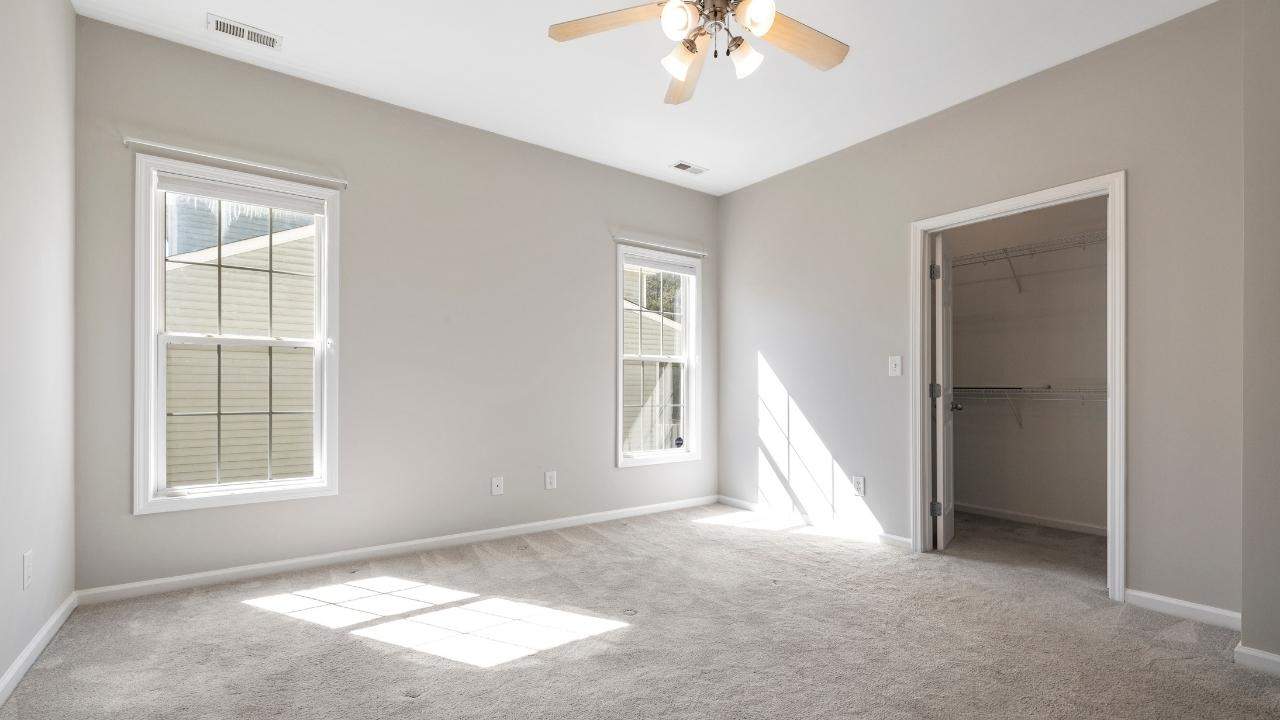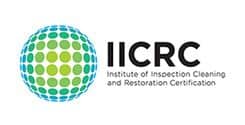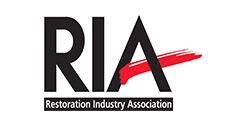
Carpet flooring is one factor that adds a comfortable angle to your space. There are many benefits to having a soft, warm, and peaceful rug under your feet, but it costs a few extra dollars to clean and maintain.
Often, renting a carpeted house can be tricky as to who pays for its maintenance and cleanliness. The lease agreement usually has these details, yet there are many cases where the tenants or the landlords need to pay for the damage they have incurred. Wear and tear on carpeted flooring is very common, and handling should be done with optimal care. However, if you are a landlord, you must expect damage as the tenants will not use the space as their property. They will make rough use of multiple amenities, which include your nicely installed carpet flooring.
In the case of a spill on a regular marble, tiled, or wooden floor, a wet cloth can easily clean it up in no time. These sturdy flooring options are well-suited for homes with children or if there is just a lot of foot traffic around the house. Carpet installation is mainly found in homes where such damage is not expected.
Carpets are exposed to, in some instances:
To understand and conclude, let’s summarise the conditions your tenants should pay for carpet cleaning.
When you move in, it is necessary to make a note of all the colour fades, spills, stains, and even burns. Let your landlord know so that when you are moving out, they can compare it with the damage you may have caused when you moved in. Understand that any stains or dirt must be tackled immediately, especially if the tenant does it. If you are not equipped or do not have a stain-removing carpet scrubber, hire a professional cleaner. Tell your landlord about the mishap and that you have scheduled a professional carpet cleaner. Your landlord will not pay for these cleaning services because they happened on your watch. Keep the receipts safe so you can hand them over when you move out to keep all the records.
On the other hand, if your landlord asks you to pay for cleaning services before you move in, it is wrong and unethical. In this case, file a complaint with your residential tenant association and let them know at the earliest. Landlords forcefully deduct the payment from the leasing deposit when the tenant leaves the space, which is also unethical. Open communication of such agreements can allow the tenant to explain the marks or burns. Using those photos of the initial condition of the carpet can be of great help!
Routine carpet cleaning is another area where similar regulations apply. A landlord cannot ask the tenant to pay for routine cleaning unless there has been some severe damage. A tenant, however, can pay for the regular carpet cleaning if he wants a more prim and clean outlook on the rented space.
In conclusion, it is not the landlord's or the tenant’s capacity to opt for carpet cleaning. Each must understand why the service is required, and if it falls on the tenant’s or landlord’s responsibility, then they should amicably cater to the service charges.

Harry Virk is the director of CleaningPro Auckland. He has years of experience in the cleaning industry and his company is expert at providing exceptional cleaning services in Auckland. He has a passion for helping people and making sure that their homes are clean, tidy, and ready for visitors.




